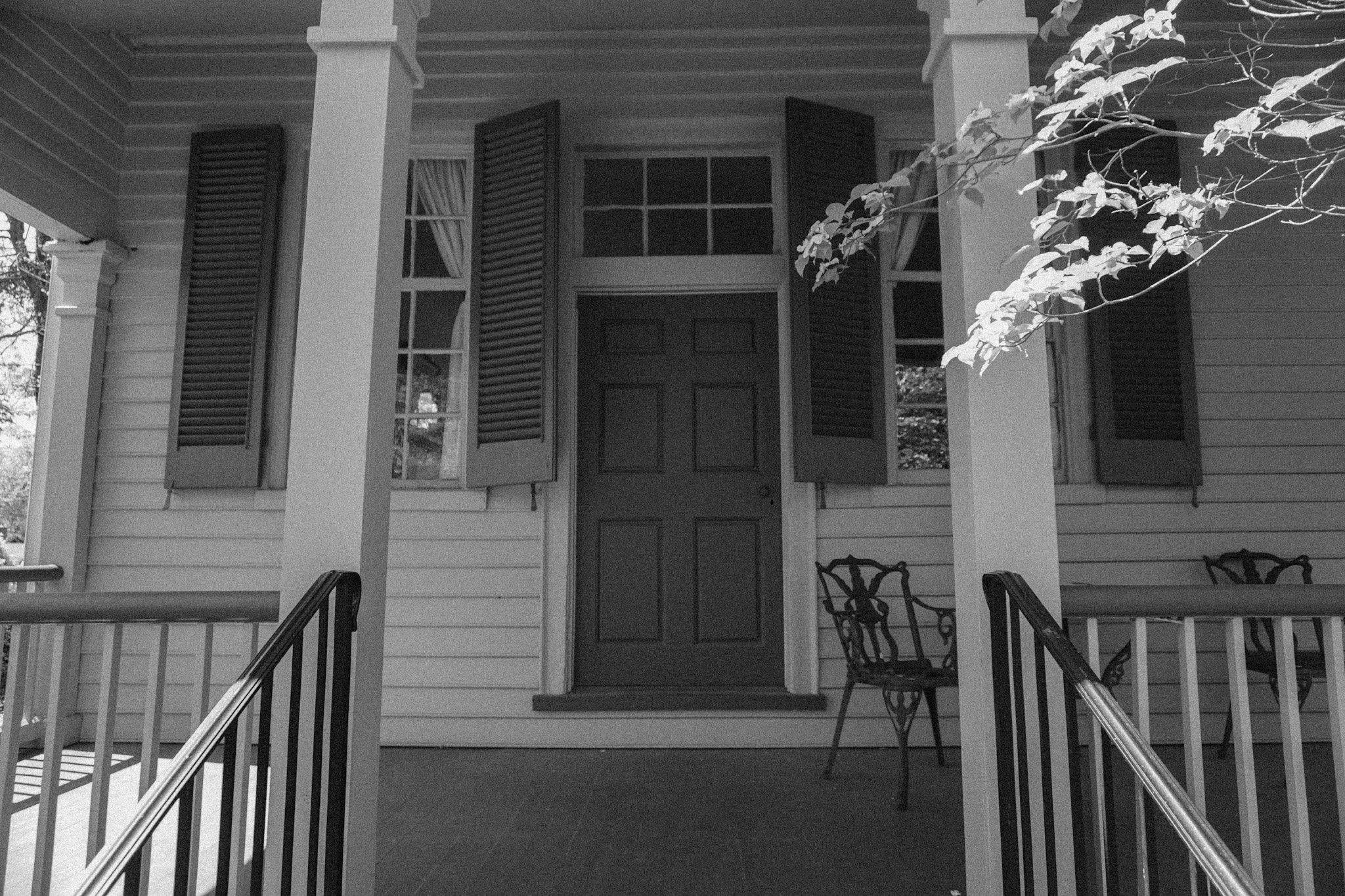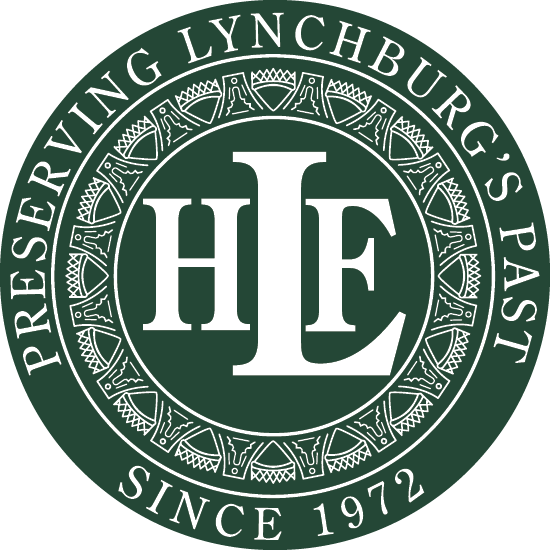
Preserving Lynchburg’s Past
our mission:
to promote an understanding of history, architecture and culture through education; and to undertake or promote preservation of sites, structures, buildings, or objects related to the history of Lynchburg and surrounding area.
Dear Preservationists,
An educational blog about Lynchburg’s rich history, culture, and the people who work hard to preserve it.

-
Spotlight on Preservation
3.21 / 6:00 PM
You are invited to attend our annual awards ceremony recognizing local preservationists. This event is free and open to the public, and refreshments will be provided post ceremony. Location is Jones Memorial Library .
-
Lynchburg Garden Day
4.23 / Noon-4:00 pm
Join us at Historic Miller Claytor House for Lynchburg Garden Day. Take a stroll through the Charles Gillette Garden, take a tour of Historic Miller Claytor House, and enjoy light refreshments. This event is free and open to the public.
-

Heirloom Tomato Plant Sale
5.4 / 9 am-2 pm
We are excited about our 3rd Annual Heirloom Tomato Plant Sale. We are offering basil, marigolds, and a large variety of heirloom tomato plants. Come by and visit Miller Claytor, lovingly known as the Tomato House!






